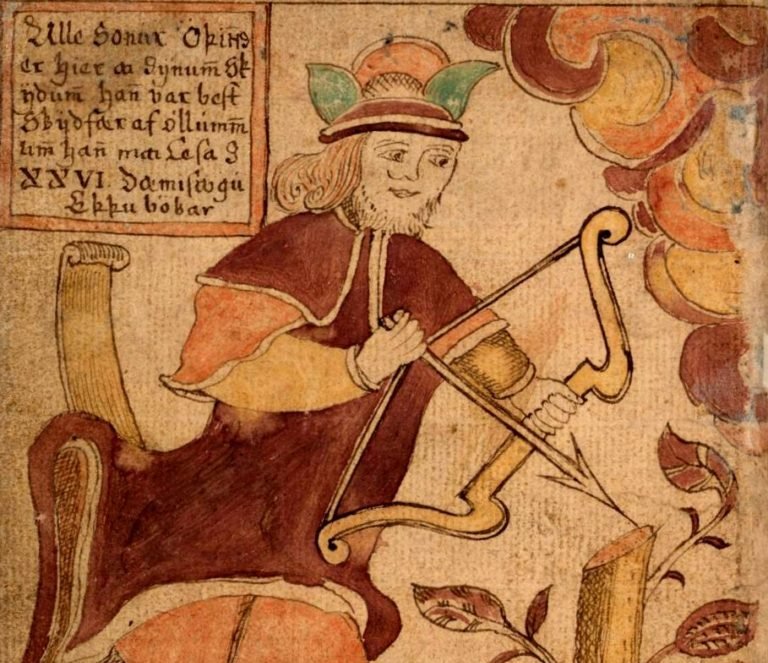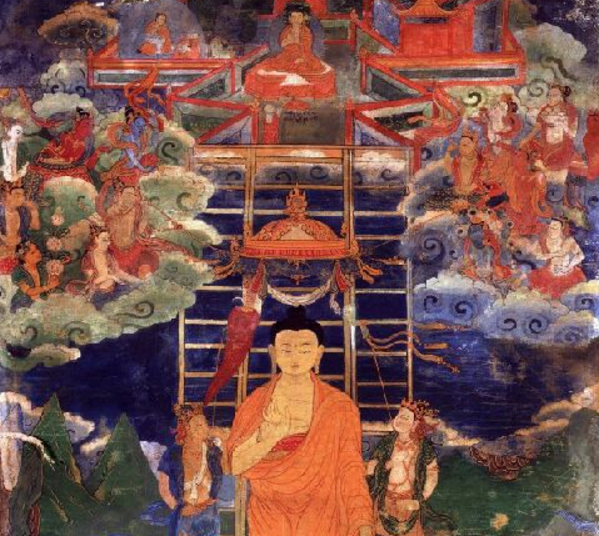Chronos, Kairos and Aion are the three deities of time, events and epic destinies. Here is the multi-religious and multicultural calendar!
Find us on our website Mythology and Legend, on Facebook and on instagram !

The schedule in brief from D-2 to D+5
- 11 November 2024,: Cologne Carnival
- November 11, 2024: Düsseldorf Carnival
- November 11, 2024, : Mainz Carnival
- November 11, 2024, : Einherjar
- November 11, 2024, : Martini
- November 11, 2024, : Saint-Martin
- November 12, 2024, : I Tsongkhapa
- November 15, 2024, : Ill Poya
- November 15, 2024, : Saint Leopold the Pious
- November 15, 2024, : Shichi-Go-San
- 17 November 2024, : Jour du Shōgi
The complete interactive calendar
November 22, 2024
November 22, 2024

On this day, the Incas began the month of Ayamarca and the procession of the dead. There are very few records of the content of this celebration. The South American processions of the dead at the end of October/November probably have origins coming from Ayamarca. #mythology #myth #legend #calendar #22November #Inca #Ayamarca
November 22, 2024

Today, the Asatru celebrate the god of the hunt Ullr and the goddess of winter Skadi. This festival marks the entry of Scandinavia into the winter cycle, so a good hunt brings good luck to the family until the return of the lengthening of the days. #mythology #myth #legend #calendar #November 22 #asatru #ullr #skadi
November 22, 2024

Today, Tibetan Buddhists celebrate Lhabab Duchen. It is a festival celebrated to observe the Buddha's descent from heaven Trāyastriṃśa to earth, one of the eight great events in Buddha's life. #mythology #myth #legend #calendar #November #buddha #LhababDuchen #Tibet
Multicultural and multi-religious almanac
An almanac is a calendar showing the main dates of the calendar, the religious holidays, bearing ephemerides such as the phases of the moon or the duration of the days (lunar and solar calendars).
A calendar is a system for marking dates according to time. Such a system was invented by men to divide and organize time over long periods. The observation of the periodic phenomena of the environment in which they lived — such as the daily movement of the shadow, the return of the seasons or the lunar cycle — served as the first references for organizing the agricultural, social and religious life of societies.
The calendar used today in most of the world is the Gregorian calendar. In everyday language, an ephemeris designates what happens daily; the ephemeris of the day is the list of the significant events of this day.